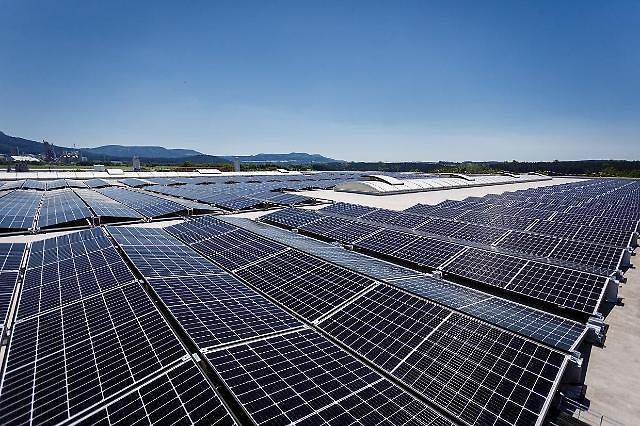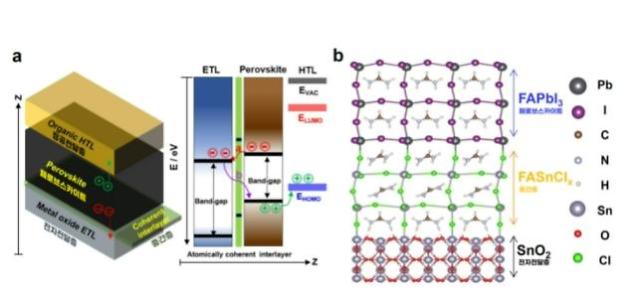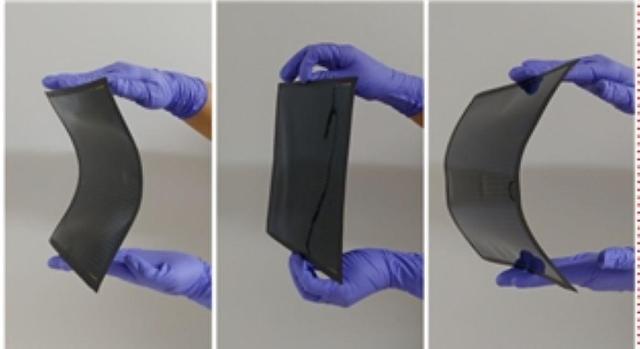
[Courtesy of Hanwha Q Cells]
Tandem solar cells can be individual cells or connected in series, which are simpler to fabricate but the current is the same through each cell. Hanwha Q Cells said the consortium involving three private companies, two research bodies and three universities has signed an agreement with the state-run Korea Institute of Energy Technology Evaluation and Planning (KETEP) to develop module process technologies.
The project supervised by KETEP is aimed at securing South Korea's technological advantage over overseas competitors and promoting the commercialization of next-generation solar cell modules. The consortium will carry out research on technologies related to large-area modules.
"The commercialization of next-generation solar cells and modules will be a great opportunity for South Korea's solar ecosystem encompassing photovoltaic materials, parts and equipment," an unnamed consortium official said. "We will make all-out efforts to help South Korea lead the next-generation solar power market."
A perovskite solar cell includes a perovskite structured compound as the light-harvesting active layer. The high absorption coefficient of perovskite solar cells enables ultrathin films to absorb the complete visible solar spectrum, leading to the creation of low-cost, efficient, thin and flexible modules. Unlike silicon solar cells, which are restricted from installation locations, perovskite solar cells can be installed on the exterior walls of buildings or on the sunroof of vehicles.
Copyright ⓒ Aju Press All rights reserved.




View more comments